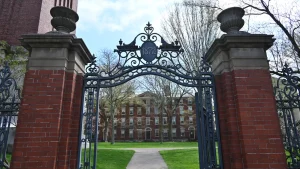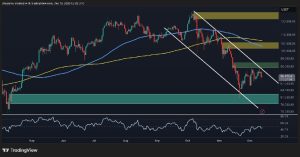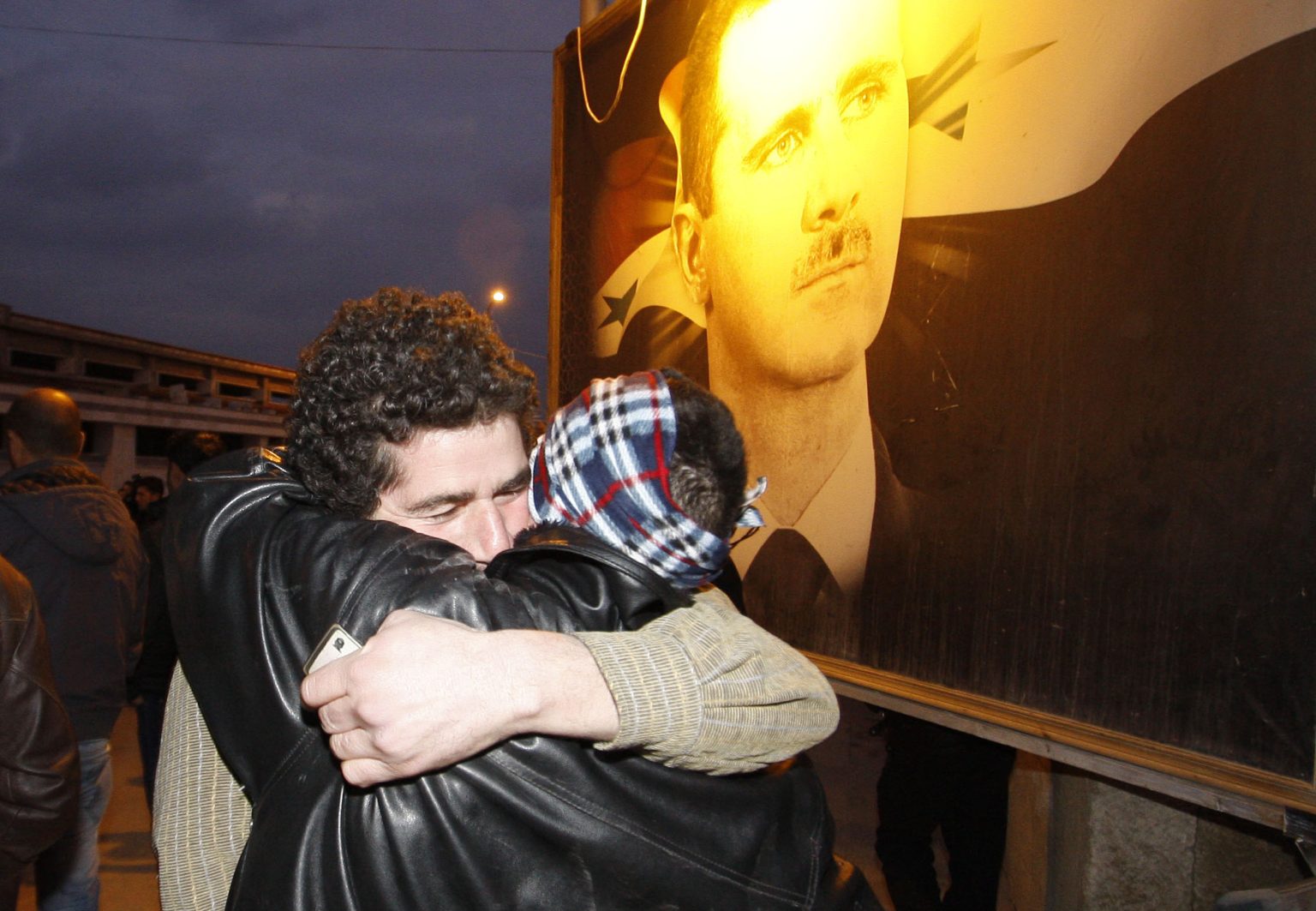Samir Ousman al-Sheikh, a 72-year-old former Syrian military official, finds himself facing multiple charges of torture in a U.S. federal court. His alleged crimes stem from his tenure as the head of Adra Prison, a notorious Syrian detention facility, between 2005 and 2008, during the reign of President Bashar al-Assad. Al-Sheikh’s arrest in July 2024 at Los Angeles International Airport initially arose from visa fraud accusations. However, subsequent investigations unveiled a darker past, revealing his alleged direct involvement in the brutal torture and human rights abuses that pervaded Adra Prison. The charges represent a landmark effort by U.S. authorities to hold accountable individuals responsible for war crimes committed during the Syrian civil war.
Adra Prison, located on the outskirts of Damascus, has long been condemned by human rights organizations for its egregious human rights violations. Detainees were subjected to arbitrary detention, systemic torture, and appalling living conditions. The charges against al-Sheikh illuminate the horrific practices within the prison walls, where inmates were allegedly subjected to barbaric tortures, including being suspended by their arms in contorted positions, often leading to broken spines. Al-Sheikh, a former brigadier general in the Syrian Army, is accused not only of overseeing these atrocities but also of directly participating in the abuse. The indictment details his alleged personal involvement in the torture sessions, painting a grim picture of the suffering endured by prisoners under his command.
The case against al-Sheikh is viewed as a pivotal moment in the pursuit of justice for victims of the Syrian conflict. Human rights advocates applaud the charges as a significant step toward accountability, sending a clear message that the United States will not harbor war criminals, regardless of their nationality or the location of their crimes. The Syrian Emergency Task Force, a Washington-based advocacy group, hailed the prosecution as a victory for Syrian victims, emphasizing the deterrent effect it could have on other perpetrators of war crimes. The trial is expected to shed light on the systematic nature of the abuses within the Syrian prison system and potentially expose further details of the Assad regime’s brutal repression of dissent.
Al-Sheikh’s defense team, however, vehemently denies the charges, characterizing the prosecution as politically motivated. His lawyer argues that valuable resources are being misdirected to prosecute a foreign national for alleged crimes committed against non-American citizens in a foreign country. This defense strategy raises complex legal and political questions, particularly regarding the jurisdiction of U.S. courts over crimes committed outside its borders. The trial is expected to navigate these intricate legal issues, potentially setting precedents for future cases involving international human rights abuses.
The journey that led Samir al-Sheikh from a Syrian prison warden to a defendant in a U.S. court is a complex one. His career began in the Syrian police force, progressing to the state security apparatus, where he specialized in suppressing political dissent. His appointment as head of Adra Prison in 2005 marked a significant step in his ascent within the regime’s security apparatus. He later served as governor of Deir ez-Zour, a region that witnessed violent crackdowns on anti-government protesters during the early stages of the Syrian Civil War. Al-Sheikh immigrated to the U.S. in 2020 and subsequently applied for citizenship in 2023. It was during this application process that his alleged involvement in war crimes came to light, leading to his arrest and subsequent indictment.
The charges against al-Sheikh carry severe penalties. If convicted on all counts, he faces a potential sentence of up to 20 years in prison for each of the three torture charges, an additional 20 years for conspiracy to commit torture, and further penalties for immigration fraud. This case represents a broader effort by international bodies to hold individuals accountable for the atrocities committed during the Syrian Civil War, a conflict that has resulted in hundreds of thousands of deaths and the displacement of millions. The trial is expected to be closely watched, not only for its potential impact on al-Sheikh’s fate but also for its broader implications for international human rights law and the pursuit of justice for victims of war crimes worldwide.














